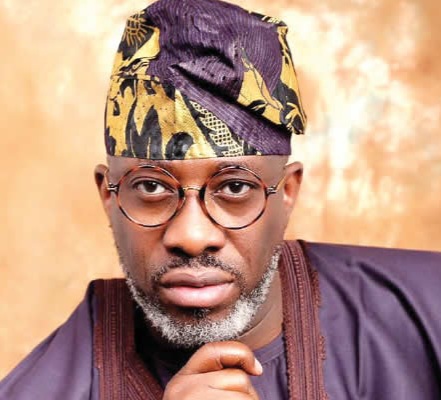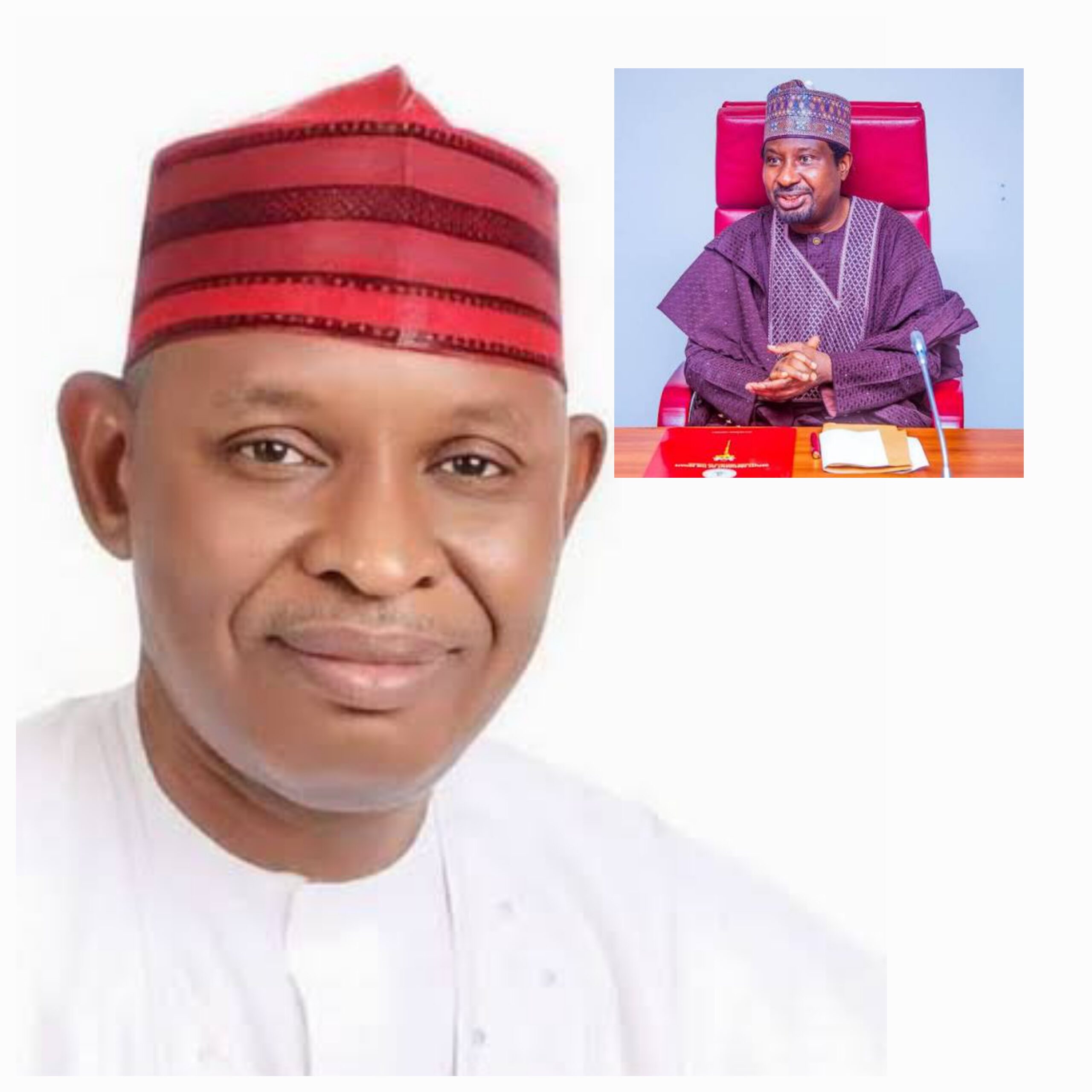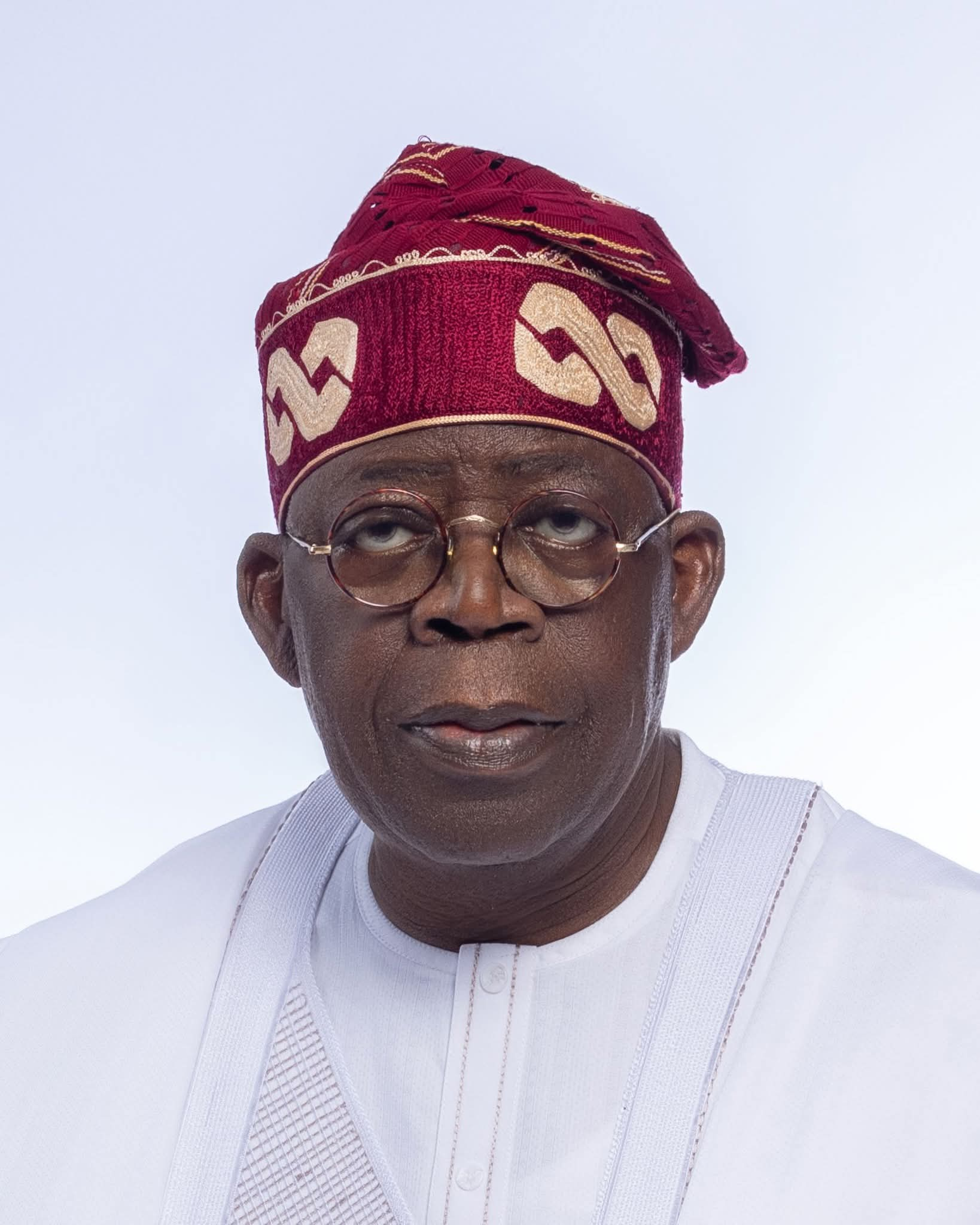Investigations revealed that the Board of Trustees (BoT), National Executive Council (NEC) and most members of the National Working Committee (NWC) of the party as well as leading National Assembly members have decided to do away with Oyegun.
Oyegun, it was gathered, has become a dispensable commodity according to the forces against him because of his mishandlings of several issues in the party.
The national chairman is being accused of committing serious infractions that have created needless troubles for the party.
It was learnt that all these infractions have been collated and explained to the Presidency, which has since decided to go with the Oyegun-must-go project.
Sources said President Buhari was initially opposed to the campaign to send Oyegun packing because their relationship dated back to 2007 when the President contested under the defunct All Nigerian Peoples Party (ANPP) with Oyegun playing prominent, visible roles.
Buhari was said to have balked at the idea, according to findings, because of the suspicion that the move was just a campaign of calumny against the former Edo State governor.
He was however swayed over after the infractions committed by Oyegun and how they have affected the fortunes of the party were tabled before him.
The President was said to have told the party chieftains that with all the evidence against the national chairman, he was no longer fit to continue in office.
Buhari however reportedly insisted Oyegun should be given a soft-landing to avert a major backlash that will trail a forced resignation or sack.
Prominent among the infractions the anti-Oyegun elements presented was his handling of the Kogi governorship supplementary debacle that produced Yahaya Bello.
It was learnt many NWC and NEC members actually endorsed James Faleke to fly the party’s ticket but they were allegedly shut down by Oyegun.
Oyegun, many of them alleged, was bought over by Bello, a wealthy business merchant, with a whopping N300million “as fuel money” after a visit to the chairman in Abuja.
This ‘fuel money’, APC chieftains alleged was why Oyegun stuck out his neck for Bello even when some prominent members begged for Faleke to continue the inconclusive election.
It was learnt that the party’s leaders succeeded in proving this allegation to Buhari at a meeting last week in Abuja.
The national chairman is also accused of hobnobbing with Senate President Bukola Saraki, who is facing trial at the Code of Conduct Bureau (CCB) over charges of false declaration of assets.
Oyegun was said to have angered party chieftains when he recognised Saraki few days after his emergence in defiance of the APC’s directives.
His enemies were believed to have told Buhari it was despicable for the chairman to have recognised Saraki even when it was obvious the President was livid about his emergence and avoided him for months.
“If our chairman could recognise a rebellious Senate President when the President was still angry with the process that produced him, it shows he was throwing his weight around.
“Look at how the mess has created troubles for the anti-corruption war. The National Assembly is clearly obstructing the President’s policies and programmes.
“By recognising him without clearance from the Presidency, Oyegun compromised the party. He boasted Saraki’s defiance and slighted Buhari,” a source privy to the Oyegun-must-go project confided.
The source added that the March 22 NWC meeting in Abuja will be the beginning of the end for Oyegun while his fate might be sealed on March 23 when the BoT meeting holds.
The March 24 NEC meeting, according to the plan, will serve as the platform to push Oyegun out.
Already there are pressures on him to turn in his resignation so as not to give the impression that he was edged out.
Oyegun, who returned from a 10-day leave on Monday, it was learnt, has been lobbying to save his job.
But sources said the party has suffered greatly under him.
“We are drifting. There is no discipline and we are not in charge. We need a chairman who can rein in things for the President so that Buhari can concentrate on the business of governance,” a NWC member told Ripples on Monday night.

 Prominent forces within the ruling All Progressives Congress (APC) may have secured President Muhammadu Buhari’s backing to dispense with national chairman of the party, Chief John Odigie-Oyegun, Ripples reports.
Prominent forces within the ruling All Progressives Congress (APC) may have secured President Muhammadu Buhari’s backing to dispense with national chairman of the party, Chief John Odigie-Oyegun, Ripples reports.




